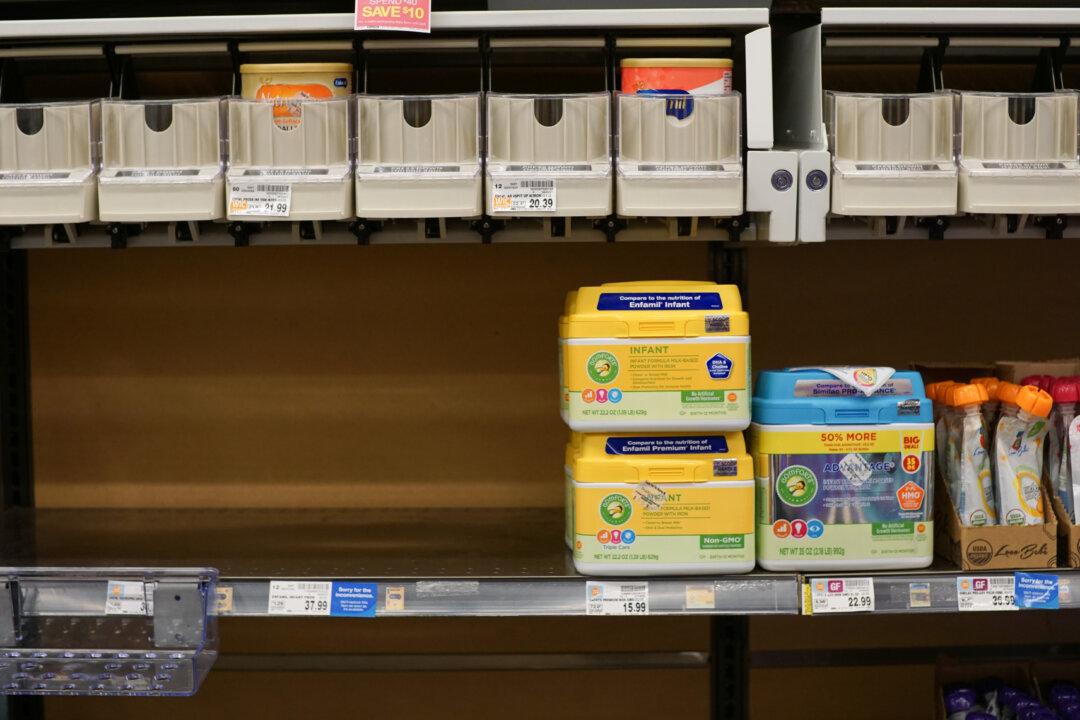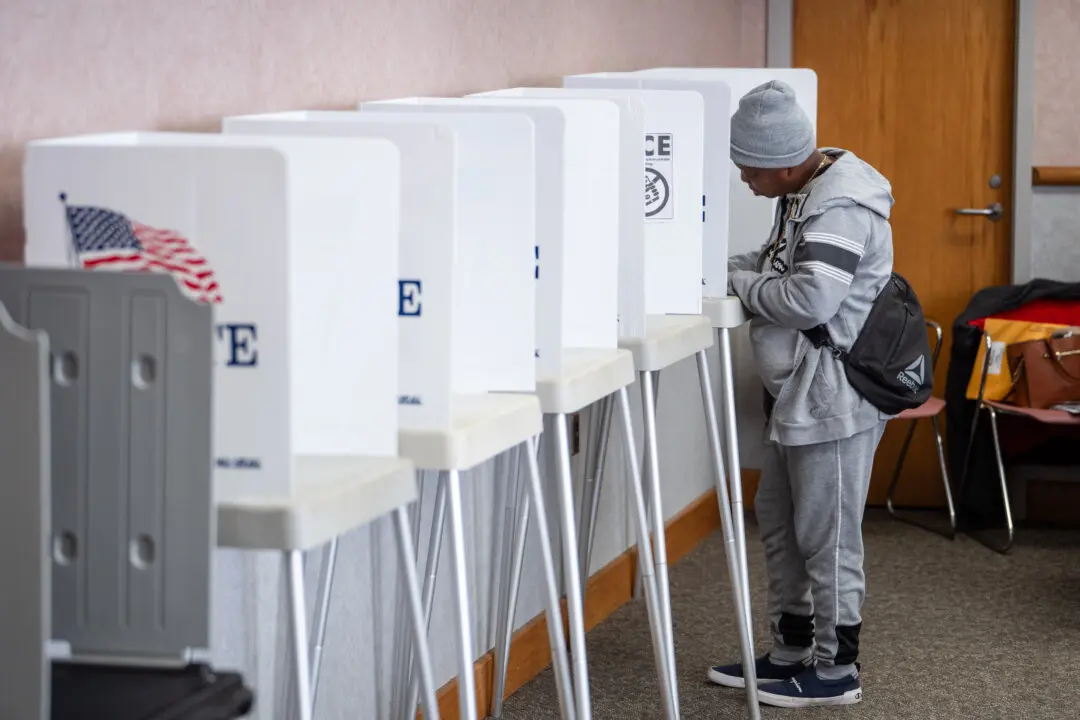The House passed two emergency spending measures on May 18 addressing critical nationwide baby formula shortages.
The main legislation—H.R. 7790, the Infant Formula Supplemental Appropriations Act—seeks to provide the Food and Drug Administration (FDA) with $28 million in “salaries and expenses” for resolving current and future shortages of baby formula.





